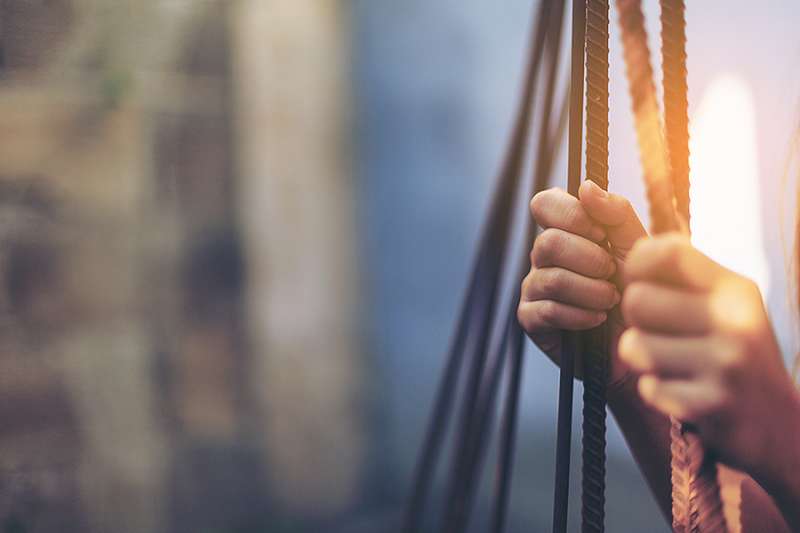Embassies to the Holy See are teaming up with religious sisters to address the problem of modern slavery, which affects an estimated 40 million people around the world today.
“Religious women are important to us in our foreign policy objectives,” British Ambassador to the Holy See Sally Axworthy said March 5.
“There are things that governments are good at and things that governments are not good at. It is a challenge to work with [human trafficking] victims worldwide … this is where religious orders excel,” she said at a conference organized by the World Union of Catholic Women’s Organizations in Rome.
A veteran diplomat, Axworthy explained that while not a Catholic herself, she has witnessed how religious sisters have the “moral authority” that governments lack in some parts of the world in the fight to change a culture on this topic. Religious sisters can gain the trust of victims and commit to their long-term rehabilitation and healing, she said.
The British ambassador said that she admired the way that so many religious orders “constantly ask themselves if they are providing help where it is most needed.”
U.S. Ambassador to the Holy See Callista Gingrich has similarly expressed her admiration and support for women religious “in their efforts to advance peace and stability” on other occasions, remarking that “too often, their work goes unnoticed and is underappreciated.”
Diplomats, religious sisters, and other laywomen came together for the conference in Rome in anticipation of the United Nations’ International Women’s Day, which will be celebrated March 8.
“Women are promoters of hope in a world that seems less and less humane,” Ambassador of Peru to the Holy See María Elvira Velásquez Rivas-Plata said.
Catholic women can “heal, in some way, the gaping wounds in the crucified” Christ in our world today, the president of the World Union of Catholic Women’s Organizations Maria Lia Zervino said.
Throughout the conference, speakers remarked on what female Catholic leaders can bring in addressing global issues such as human trafficking, education, migration, and the promotion of a full understanding of human rights on the international stage that includes the protection of the most vulnerable – the poor, the elderly, and the unborn.
“This is what our society and our Church need from us: women capable of spreading mercy from our inner selves, that seek to give life and never cancel or diminish it, that reach out to those who suffer the most and accompany the most in need with a maternal love,” Zervino, a consecrated woman from Peru, said.

